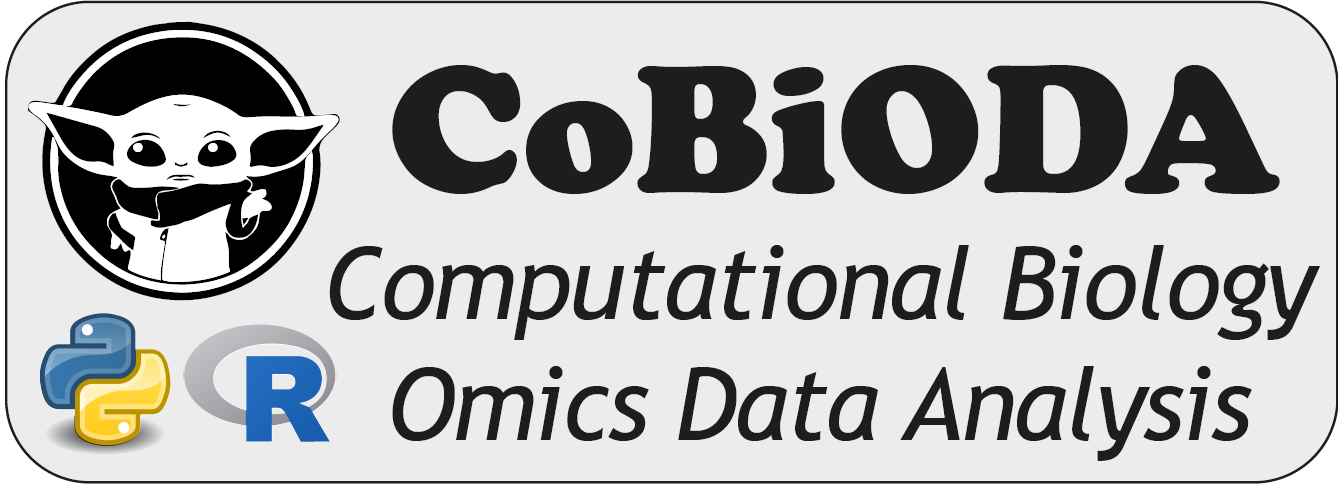5th Workshop Single-Cell and Spatial multiomics
Graduate course, Roscoff, 2024

Duration
From Sunday 20th of October to Friday 25th of October 2024
Objectives
This workshop focuses on the large-scale study of heterogeneity across individual cells from a genomics and transcriptomics point of view. Recent technological developments enable the characterization of molecular information at a single cell resolution for large numbers of cells. The high dimensional omics data that these technologies produce raise novel methodological challenges for the analysis. In this regard, dedicated bioinformatics and statistical methods have been developed in order to extract robust information.
The workshop aims to provide such methods for engineers and researchers directly involved in functional genomics projects making use of single-cell technologies. A wide range of single cell topics will be covered in lectures, demonstrations and practical classes. Among others, the areas and issues to be addressed will include the choice of the most appropriate single-cell sequencing technology, the experimental design and the bioinformatics and statistical methods and pipelines. For this 5th edition, new courses and practical sessions will focus on spatial transcriptomics, long reads, FAIR access to the data/code and opening to artificial intelligence applied to single-cell data.
Participants
This course is directed towards 30 engineers and researchers who regularly need to undertake single-cell data analysis as well as PhD candidates and Postdocs in computational biology or bioinformatics that are interested in the development of methods and pipelines for high dimension single-cell data analysis.
Working environment
Unix command will be used for bioinformatics analyses, and R programming language for statistical analysis.
Prerequisites
Participants must have prior experience on NGS data analysis with everyday use of R and/or Python, and good knowledge of Unix command line. Before the training, participants are advised to familiarize themselves with the processing and primary analyses steps of single-cell RNA-seq datasets. Study material : already working on his/her own single cell dataset is not mandatory.
